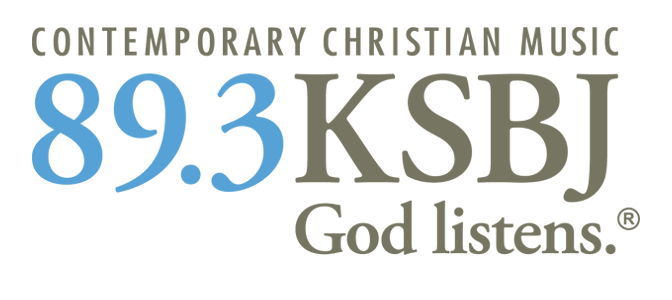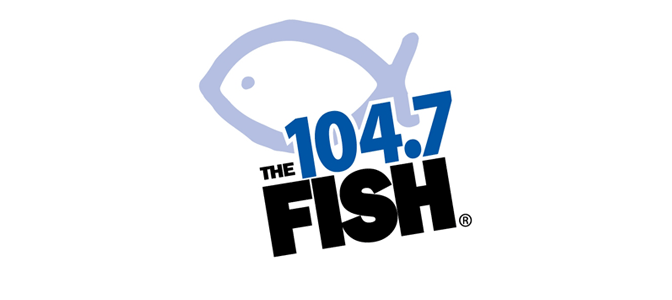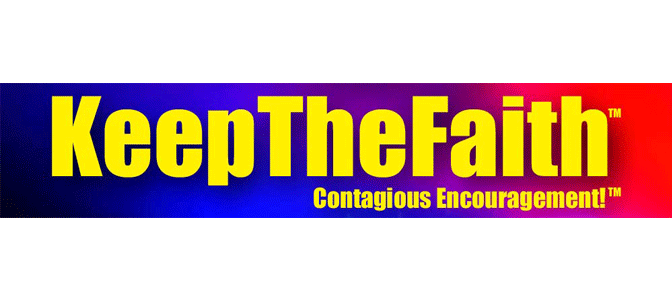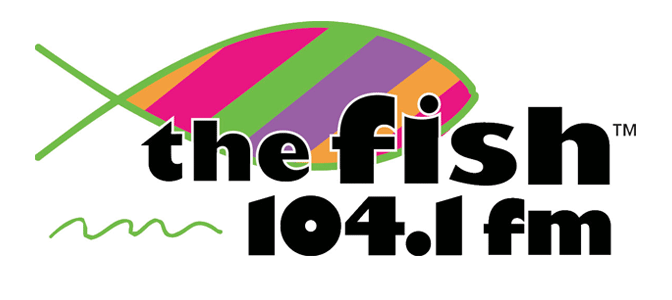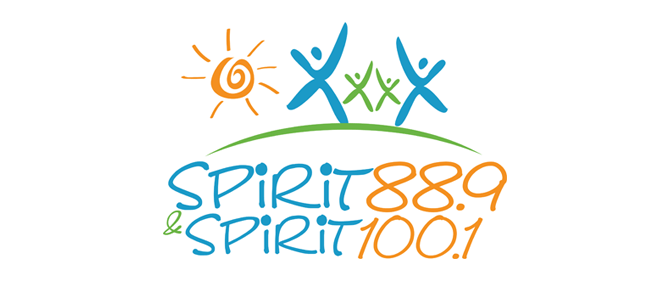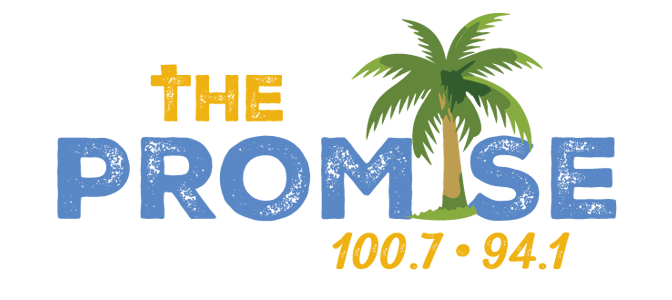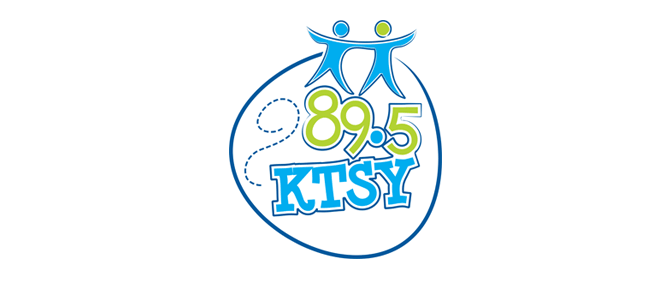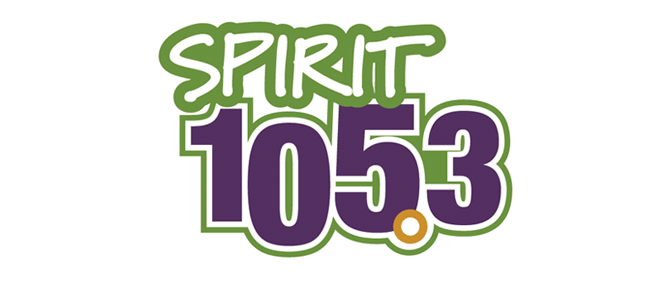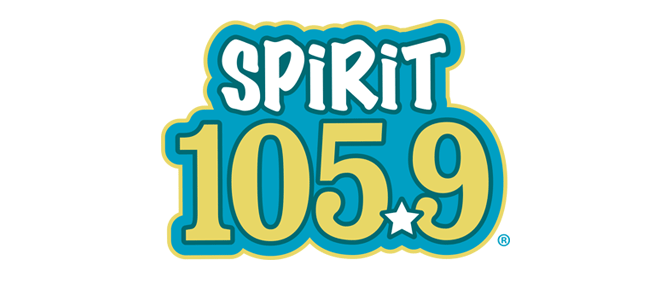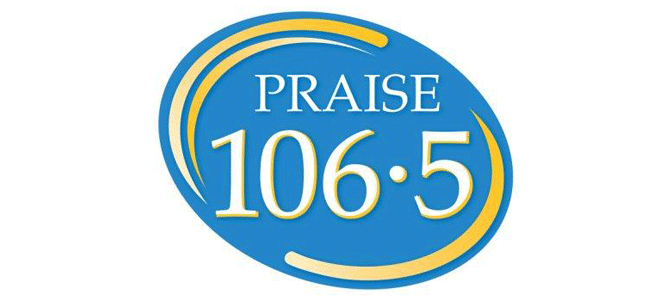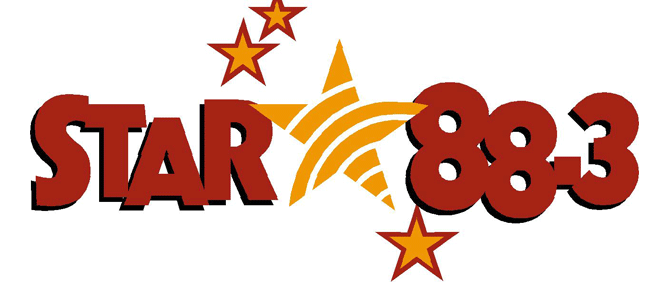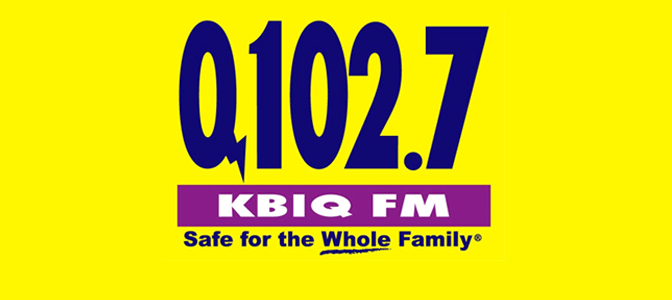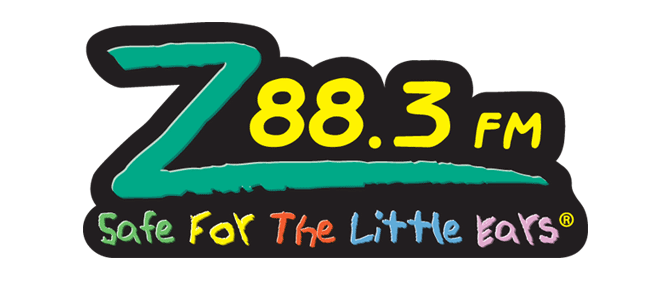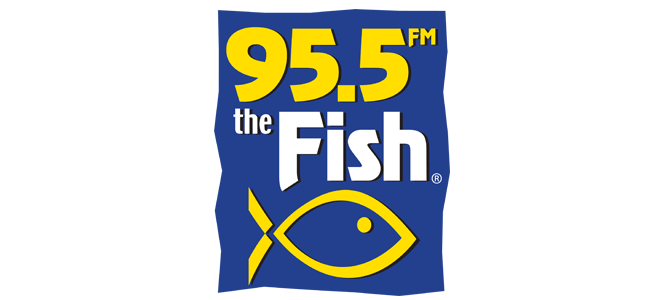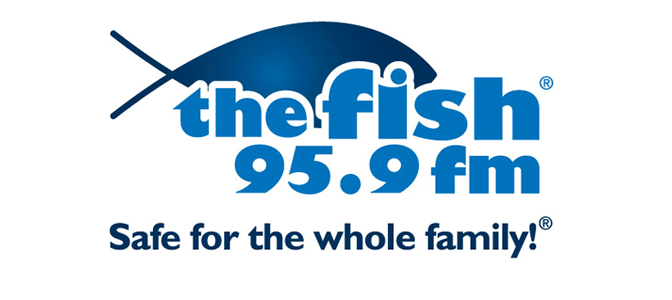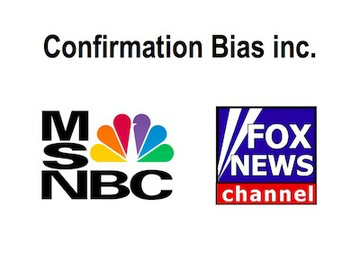In his last interview, the great director, actor, and comedian Mike Nichols really opened the door to what fueled his process.
I’ve talked about a couple of his concepts in the last two tips, but this one may be the most important one when it comes to understanding what really creates a distinguishable and memorable presence on the air:
Your show, like a movie or play, isn’t totally real life. It’s a VERSION of real life. And your persona on the air isn’t totally you. It’s a VERSION of you.
Don’t really like an artist you play? I doubt if saying that on the air will endear you to the listener who adores that artist.
Reading something for the 50th time this week? Make it sound like you just thought of it, and you have a real INTEREST in it.
Can’t stand kids? Well, depending on the format, you may not want to reveal that fact.
My friend and partner John Frost talks about being “transparent” on the air, and I agree, with my version being “Crack your chest open and show us what’s in there.” BUT, I don’t believe in total transparency. Some things aren’t useful, or reveal a side of you that may work against trying to win over more listeners.
As I’ve taught this over the years, many times the reaction has been indignant, with something like, “But that’s not me.”
You do get that Tom Hanks isn’t really Forrest Gump, right? And he’s not the guy in Saving Private Ryan, either. It’s ACTING. However, each of those characters IS a version of him.
If you need help creating the most effective version of you, get it. Every athlete, every actor has a coach… for that very reason.
– – – – – – –
Tommy Kramer
Talent Coach
214-632-3090 (iPhone)
e-mail: coachtommykramer@gmail.com
Member, Texas Radio Hall of Fame
© 2016 by Tommy Kramer. All rights reserved.

